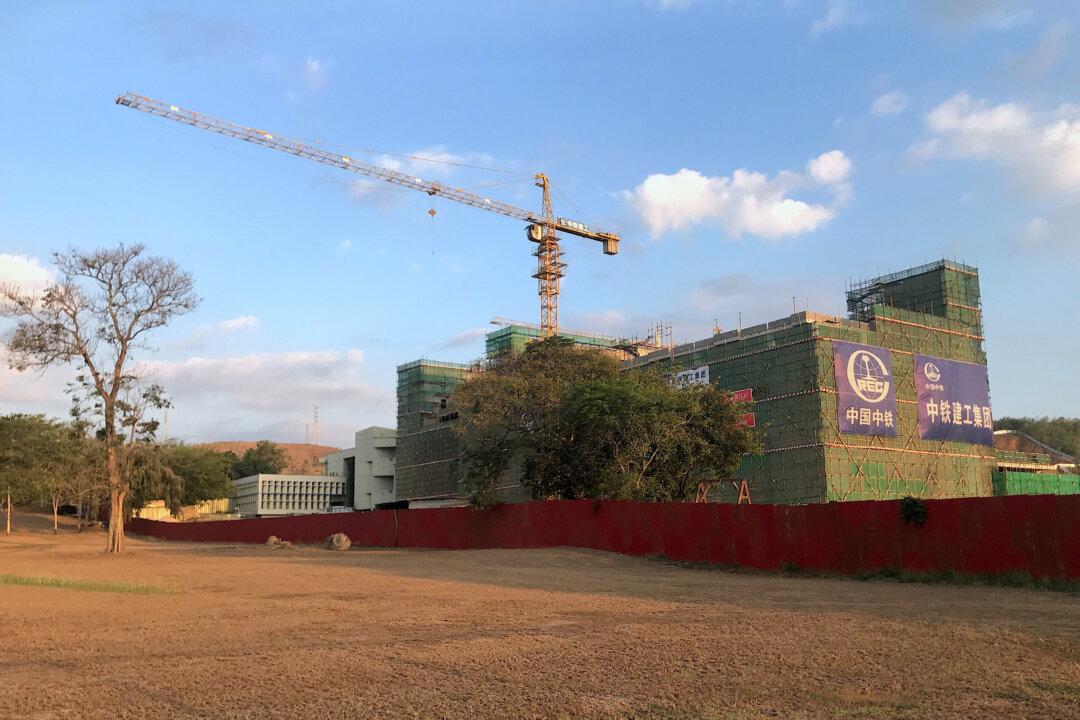SYDNEY/BEIJING—When Papua New Guinea Prime Minister Peter O'Neill flagged the possibility of China bankrolling a port development off his country’s northern coast in June, the consternation in neighboring Australia set off a lightening-fast response.
Despite a change in leadership in Australia’s government in August, a rival offer was swiftly formulated, government and diplomatic sources told Reuters, amid concern the strategically-located Manus Island port could regularly host Chinese military vessels.





